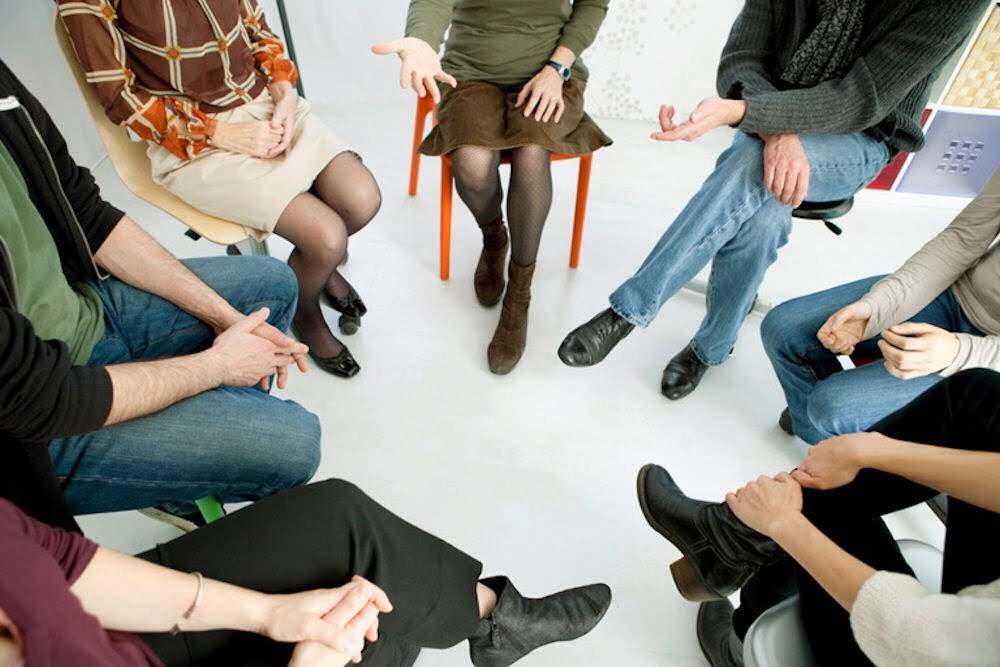One of the most common challenges for people recovering from substance use disorder is avoiding relapse. There are many things that make relapse happen. Triggers, or high-risk situations, can make it very hard for you to avoid using unless you have the right type and amount of care available to you. Avoiding high-risk situations is something every person in recovery needs to learn to do. Our team at Crestview Recovery offers the resources you need to achieve the best outcome and the help you need through these risks.
Recognizing the Risks
Avoiding high-risk situations requires that you know what types of situations are more likely to put you at risk. We call these triggers. Triggers are people, places, things, and experiences that remind you of using. Stress may be one of the factors that impacts you. For others, it is past trauma. When you are in residential rehab treatment, you will work to outline these triggers. Understanding what impacts you allows you more control over those risks.
Minimize Substance Exposure
One of the most important ways to protect your recovery is to work to avoid high-risk situations related to drugs and alcohol. Skip the parties where you know there will be people using. If you know that certain people often use drugs that you used to use, avoid those individuals. Being around people who are looking for temporary relief–rather than long term happiness–is a trigger for many people in recovery.
Be Open About Recovery
Your true friends will want you to take the steps necessary to improve your life. Recovering from substance use disorder in a residential setting allows patients to develop a more extensive social network of sober friends. Being open about your recovery will increase your chances of remaining sober. If your friends are aware of your recovery, they can help you stay on track.
Actively Minimize Stress
Avoiding stress is not always possible for people in recovery at an addiction treatment program. Stress is a part of life. Staying on top of responsibilities is one way to reduce stress in your life during recovery. Here are a few tips:
- Deal with only what you have to and not everyone else’s problems.
- Don’t worry or stress about what you can’t control.
- Find a way to smile every day.
- Destress through exercise or doing things that you enjoy.
- Open up and talk to people who can help you with the problems you are having.
Know When You Need Help
 Though avoiding high-risk situations should be a goal, there are times when you may be exposed to some risks. You may even find yourself unable to get through the day without thinking about drugs or alcohol. When you see this happening to you, have a plan for getting help. You may need to reach out to a mentor. Go to a local recovery meeting. Talk to someone that you know is going to help you to avoid relapse. The key is to take some action to get help.
Though avoiding high-risk situations should be a goal, there are times when you may be exposed to some risks. You may even find yourself unable to get through the day without thinking about drugs or alcohol. When you see this happening to you, have a plan for getting help. You may need to reach out to a mentor. Go to a local recovery meeting. Talk to someone that you know is going to help you to avoid relapse. The key is to take some action to get help.
For some people, that means considering additional treatment in a professional setting. Our team can offer you the right type of help for your situation at any time.
- Residential drug treatment
- Intensive outpatient program (IOP)
- Partial hospitalization program (PHP)
- Men’s alcohol rehab program
- Women’s drug rehab program
Call Crestview Recovery
Avoiding high-risk situations can help you stay sober. Sometimes, you may find yourself overwhelmed with addiction triggers and the desire to use. When you are at risk of using or finding it is hard to stop thinking about using drugs or alcohol, reach out immediately to our team at Crestview Recovery. Call us at 866.262.0531 for the help you need.
































